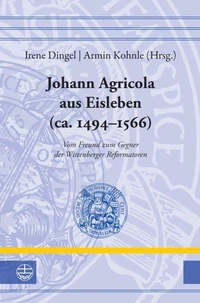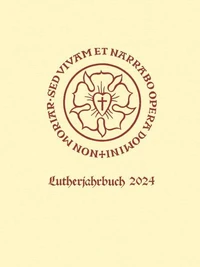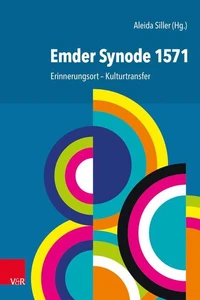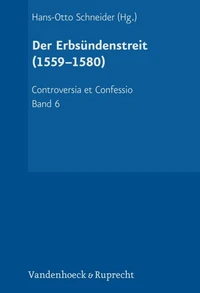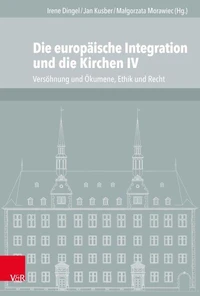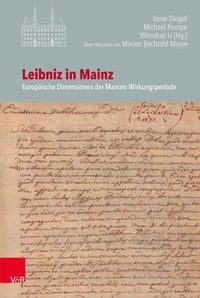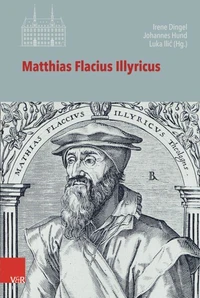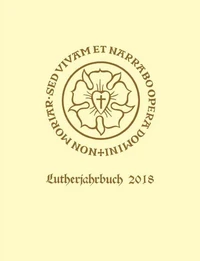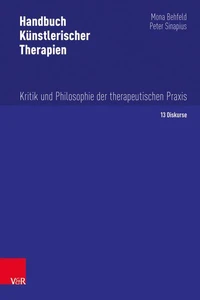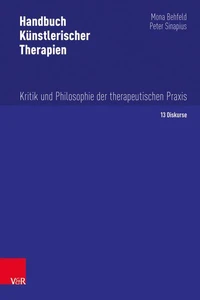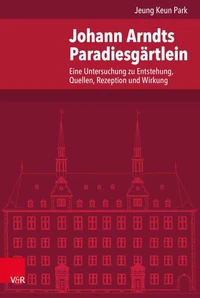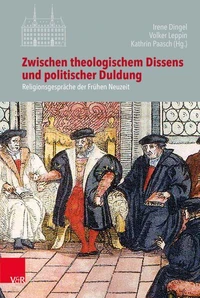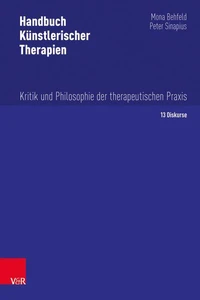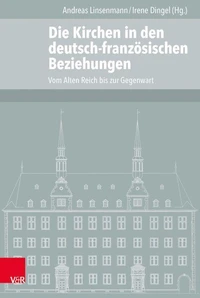Johannes Mathesius (1504–1565). Rezeption und Verbreitung der Wittenberger Reformation durch Predigt und Exegese
Par : ,Formats :
Disponible dans votre compte client Decitre ou Furet du Nord dès validation de votre commande. Le format PDF est :
- Compatible avec une lecture sur My Vivlio (smartphone, tablette, ordinateur)
- Compatible avec une lecture sur liseuses Vivlio
- Pour les liseuses autres que Vivlio, vous devez utiliser le logiciel Adobe Digital Edition. Non compatible avec la lecture sur les liseuses Kindle, Remarkable et Sony
 , qui est-ce ?
, qui est-ce ?Notre partenaire de plateforme de lecture numérique où vous retrouverez l'ensemble de vos ebooks gratuitement
Pour en savoir plus sur nos ebooks, consultez notre aide en ligne ici
- Nombre de pages372
- FormatPDF
- ISBN978-3-374-04781-9
- EAN9783374047819
- Date de parution01/04/2017
- Protection num.Digital Watermarking
- Taille3 Mo
- Infos supplémentairespdf
- ÉditeurEvangelische Verlagsanstalt
Résumé
Johannes Mathesius (1504-1565), Prediger und Pfarrer im böhmischen Joachimsthal, gehört zu den von Wittenberg geprägten Reformatoren. Mit Luther und Melanchthon war er persönlich bekannt. Durch seine im 16. Jahrhundert vielfach aufgelegten Predigten, unter denen die Lutherpredigten die bekanntesten sind, trug er zur Verbreitung der Wittenberger Theologie erheblich bei. Viele Pfarrergenerationen fanden in ihnen homiletische Musterbeispiele und eine klare Umsetzung der Wittenberger Theologie in den Gemeindealltag.
Die böhmische Bergbaumetropole Joachimsthal wurde unter seiner Leitung zu einer reformatorischen Mustergemeinde. Diesem wirkmächtigen Multiplikator der Wittenberger Reformation ist dieses Buch gewidmet, das die Vorträge zweier Tagungen (2004 und 2014) vereint. Im Mittelpunkt steht Mathesius als Prediger, Exeget und Seelsorger. Mit Beiträgen von Alexander Bartmuß, Michael Beyer, Christopher Boyd Brown, Marco Frenschkowski, Jens Herzer, Andrea Hofmann, Henning P.
Jürgens, Armin Kohnle, Robert Kolb, Stefan Michel, Christine Mundhenk, Tricia Ross, Karl W. Schwarz, Martin Wernisch und Markus Wriedt. Johannes Mathesius (1504-1565). Reception and Dissemination of the Wittenberg Reformation through Preaching and Exegesis. Leucorea-Studies on the History of the Reformation and the Lutheran Orthodoxy] Johannes Mathesius (1504-1565), preacher and pastor in Joachimsthal, Bohemia, belongs to the reformers who were strongly influenced by Wittenberg.
After all, he was personally acquainted with Luther and Melanchthon. His sermons, of which the sermons on Luther are best known, have been reprinted in numerous editions in the 19th century and have been instrumental in the dissemination of the Wittenberg theology. Many generations of pastors did find here homiletical models and a clear implementation of the Wittenberg theology in the everyday life of the congregation.
Under his leadership the Bohemian mining centre Joachimsthal became a reformed model community. The present volume is a collection of lectures of two conferences in 2004 and 2014, the main focus being the powerful multiplier of Wittenberg reformation, Johannes Mathesius.
Die böhmische Bergbaumetropole Joachimsthal wurde unter seiner Leitung zu einer reformatorischen Mustergemeinde. Diesem wirkmächtigen Multiplikator der Wittenberger Reformation ist dieses Buch gewidmet, das die Vorträge zweier Tagungen (2004 und 2014) vereint. Im Mittelpunkt steht Mathesius als Prediger, Exeget und Seelsorger. Mit Beiträgen von Alexander Bartmuß, Michael Beyer, Christopher Boyd Brown, Marco Frenschkowski, Jens Herzer, Andrea Hofmann, Henning P.
Jürgens, Armin Kohnle, Robert Kolb, Stefan Michel, Christine Mundhenk, Tricia Ross, Karl W. Schwarz, Martin Wernisch und Markus Wriedt. Johannes Mathesius (1504-1565). Reception and Dissemination of the Wittenberg Reformation through Preaching and Exegesis. Leucorea-Studies on the History of the Reformation and the Lutheran Orthodoxy] Johannes Mathesius (1504-1565), preacher and pastor in Joachimsthal, Bohemia, belongs to the reformers who were strongly influenced by Wittenberg.
After all, he was personally acquainted with Luther and Melanchthon. His sermons, of which the sermons on Luther are best known, have been reprinted in numerous editions in the 19th century and have been instrumental in the dissemination of the Wittenberg theology. Many generations of pastors did find here homiletical models and a clear implementation of the Wittenberg theology in the everyday life of the congregation.
Under his leadership the Bohemian mining centre Joachimsthal became a reformed model community. The present volume is a collection of lectures of two conferences in 2004 and 2014, the main focus being the powerful multiplier of Wittenberg reformation, Johannes Mathesius.
Johannes Mathesius (1504-1565), Prediger und Pfarrer im böhmischen Joachimsthal, gehört zu den von Wittenberg geprägten Reformatoren. Mit Luther und Melanchthon war er persönlich bekannt. Durch seine im 16. Jahrhundert vielfach aufgelegten Predigten, unter denen die Lutherpredigten die bekanntesten sind, trug er zur Verbreitung der Wittenberger Theologie erheblich bei. Viele Pfarrergenerationen fanden in ihnen homiletische Musterbeispiele und eine klare Umsetzung der Wittenberger Theologie in den Gemeindealltag.
Die böhmische Bergbaumetropole Joachimsthal wurde unter seiner Leitung zu einer reformatorischen Mustergemeinde. Diesem wirkmächtigen Multiplikator der Wittenberger Reformation ist dieses Buch gewidmet, das die Vorträge zweier Tagungen (2004 und 2014) vereint. Im Mittelpunkt steht Mathesius als Prediger, Exeget und Seelsorger. Mit Beiträgen von Alexander Bartmuß, Michael Beyer, Christopher Boyd Brown, Marco Frenschkowski, Jens Herzer, Andrea Hofmann, Henning P.
Jürgens, Armin Kohnle, Robert Kolb, Stefan Michel, Christine Mundhenk, Tricia Ross, Karl W. Schwarz, Martin Wernisch und Markus Wriedt. Johannes Mathesius (1504-1565). Reception and Dissemination of the Wittenberg Reformation through Preaching and Exegesis. Leucorea-Studies on the History of the Reformation and the Lutheran Orthodoxy] Johannes Mathesius (1504-1565), preacher and pastor in Joachimsthal, Bohemia, belongs to the reformers who were strongly influenced by Wittenberg.
After all, he was personally acquainted with Luther and Melanchthon. His sermons, of which the sermons on Luther are best known, have been reprinted in numerous editions in the 19th century and have been instrumental in the dissemination of the Wittenberg theology. Many generations of pastors did find here homiletical models and a clear implementation of the Wittenberg theology in the everyday life of the congregation.
Under his leadership the Bohemian mining centre Joachimsthal became a reformed model community. The present volume is a collection of lectures of two conferences in 2004 and 2014, the main focus being the powerful multiplier of Wittenberg reformation, Johannes Mathesius.
Die böhmische Bergbaumetropole Joachimsthal wurde unter seiner Leitung zu einer reformatorischen Mustergemeinde. Diesem wirkmächtigen Multiplikator der Wittenberger Reformation ist dieses Buch gewidmet, das die Vorträge zweier Tagungen (2004 und 2014) vereint. Im Mittelpunkt steht Mathesius als Prediger, Exeget und Seelsorger. Mit Beiträgen von Alexander Bartmuß, Michael Beyer, Christopher Boyd Brown, Marco Frenschkowski, Jens Herzer, Andrea Hofmann, Henning P.
Jürgens, Armin Kohnle, Robert Kolb, Stefan Michel, Christine Mundhenk, Tricia Ross, Karl W. Schwarz, Martin Wernisch und Markus Wriedt. Johannes Mathesius (1504-1565). Reception and Dissemination of the Wittenberg Reformation through Preaching and Exegesis. Leucorea-Studies on the History of the Reformation and the Lutheran Orthodoxy] Johannes Mathesius (1504-1565), preacher and pastor in Joachimsthal, Bohemia, belongs to the reformers who were strongly influenced by Wittenberg.
After all, he was personally acquainted with Luther and Melanchthon. His sermons, of which the sermons on Luther are best known, have been reprinted in numerous editions in the 19th century and have been instrumental in the dissemination of the Wittenberg theology. Many generations of pastors did find here homiletical models and a clear implementation of the Wittenberg theology in the everyday life of the congregation.
Under his leadership the Bohemian mining centre Joachimsthal became a reformed model community. The present volume is a collection of lectures of two conferences in 2004 and 2014, the main focus being the powerful multiplier of Wittenberg reformation, Johannes Mathesius.


